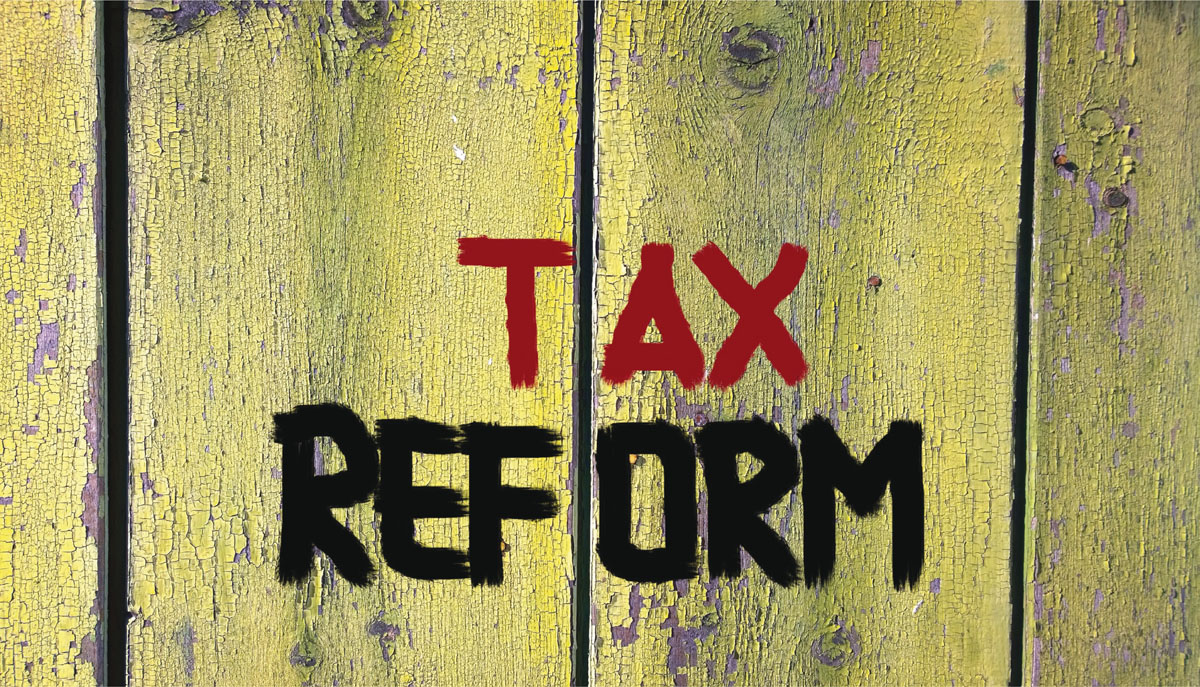Former Rep. John Dingell (D-Mich.) was fond of saying, “I'll let you write the substance … you let me write the procedure, and I'll screw you every time.”
The longest-serving member of the House, who retired in 2014, was a legislative wizard.
From his perch as the chairman of the House Education and Labor Committee, Dingell could make things happen or stop them in their tracks – all by using the legislative process.
Years ago, a kids' education show, Schoolhouse Rock, presented a cartoon version of the legislative process called “I'm Just a Bill.” It was a kid's version of what you may have learned in a political science textbook.
Don't believe it.
The legislators who control the process can dictate the substance of legislation.
And the process usually looks nothing like what you may have learned as a child.
Although they may abhor everything that Dingell stood for, House Republicans are likely to follow his advice during the next two years.
Take tax reform. Republicans have promised to tackle comprehensive tax reform legislation during the current Congress.
Credit unions watch tax legislation very carefully for a variety of reasons. Of course, the main concern is that Congress could eliminate the income tax exemption they currently receive.
Using regular order, a bill would go through committees in each house and then to the floor.
In the Senate, opponents could filibuster a motion to proceed to the legislation, the legislation itself and any deal reached by House and Senate conferees.
Breaking those filibusters would take 60 votes – a near impossibility in this day and age.
That's where those who control the process can make all the difference.
Congressional Republicans could choose to use the budget reconciliation process to enact tax reform legislation.
That would short-circuit filibuster efforts by opponents, since filibusters are prohibited in the Senate under reconciliation rules.
The legislation would be guaranteed an up-down vote in the Senate, with only a 51-vote margin required for passage.
Republicans already have shown their willingness to use the reconciliation process to push controversial legislation when they paved the way for Obamacare repeal earlier this year.

So they could use the process to enact tax reform.
House Financial Services Chairman Jeb Hensarling (R-Texas) has also raised the possibility of using the budget reconciliation process to enact changes to the CFPB.
The budget reconciliation process originally was designed for legislation that decreased the deficit or the federal debt. But congressional leaders discovered that the process is a handy tool for passing highly partisan legislation that otherwise might be blocked.
And so they began using reconciliation for all sorts of things.
Including tax cuts.
If by some chance, credit unions don't like what's in a budget reconciliation bill, it would be much more difficult to lobby against it, since the process could move relatively quickly.
And they might have a credibility problem if they protest the use of reconciliation for such purposes.
There is precedence for it.
And among the legislators who used the reconciliation process for tax cuts was a former chairman of the House Budget Committee.
His name?
Jim Nussle.
By the way, I've been called a lot of names during my career: Hack, snoop and even bottom-feeder. But I've never been called some of the names my colleagues in the media and I have been called during the past few months.
President Trump recently tweeted a message that was largely interpreted as calling all media enemies of the people.
He later clarified that, saying he only meant purveyors of “fake news.”
Well, that counts me out.
But Trump has labeled any and all news stories that he doesn't like as “fake.”
And his chief strategist, Steve Bannon, is on record as calling the media the opposition party.
The journalists I have met during 35 years in this business are among the most honorable people I've had the privilege of knowing. They take their jobs – and the accuracy of their work – seriously.
That's being ignored by many people, as the rhetoric becomes more and more strident.
One friend on Facebook posted a photo with an angry looking sheriff holding a gun and asking the media something to the effect of, “Are you for us or against us?”
Another Facebook friend – this one a journalist – said she was considering purchasing a handgun because some crazy person may take matters into their own hands.
That's dangerous talk, whether you are a Trump supporter or not.
There's been a lot of joking about the media being the enemy and the news that journalists produce as “fake.”
But in reality, it's no joking matter, particularly when someone like Bannon, who's got open access to the Oval Office, constantly inflames the situation.
The only way a guy like that should get into the White House is through a tour line.
And in our democracy, the press must be allowed to continue to function as a check on the powerful, regardless of who's president and whether they like a story or not.
 David Baumann is a Correspondent-at-Large for CU Times. He can be reached at [email protected].
David Baumann is a Correspondent-at-Large for CU Times. He can be reached at [email protected].
© Touchpoint Markets, All Rights Reserved. Request academic re-use from www.copyright.com. All other uses, submit a request to [email protected]. For more inforrmation visit Asset & Logo Licensing.






